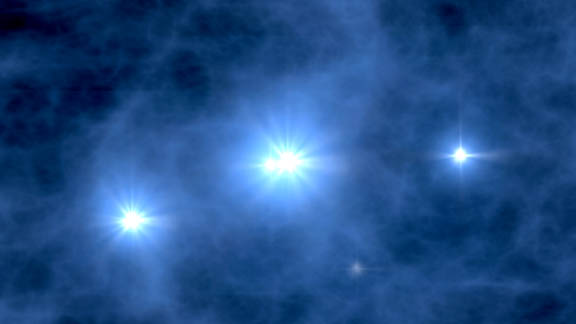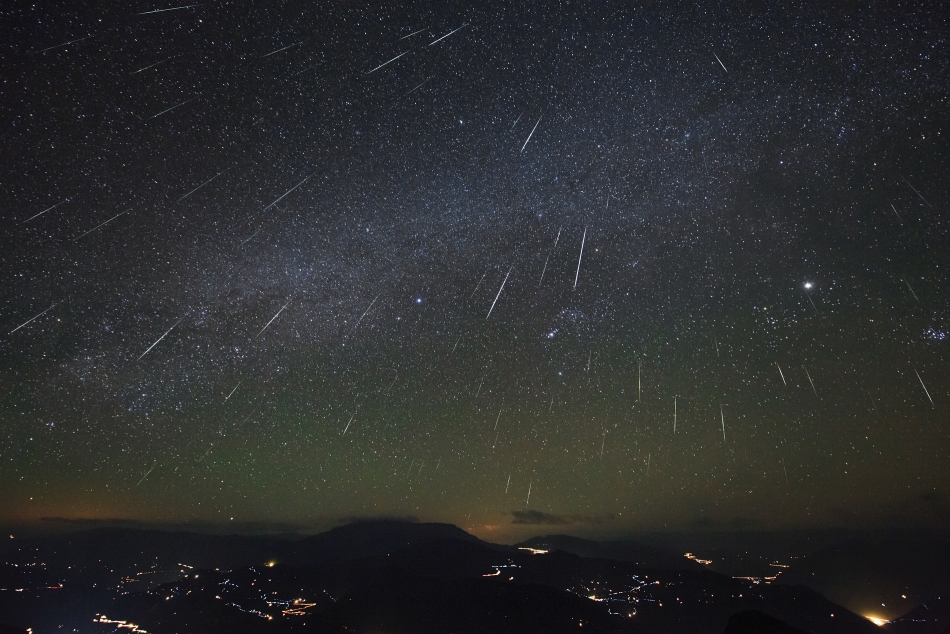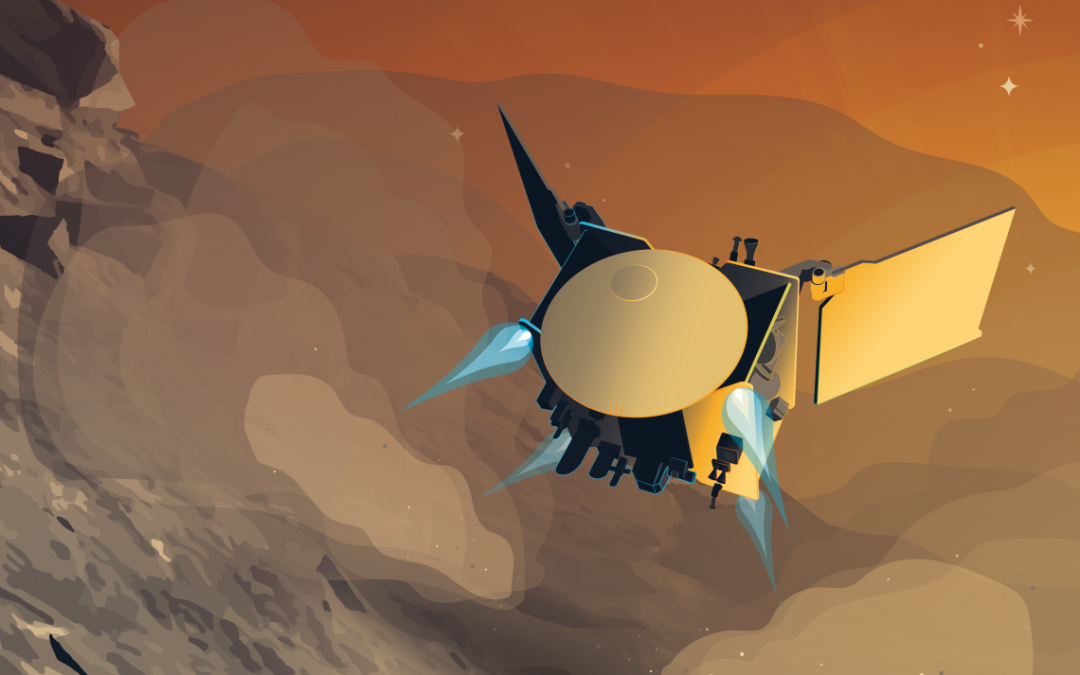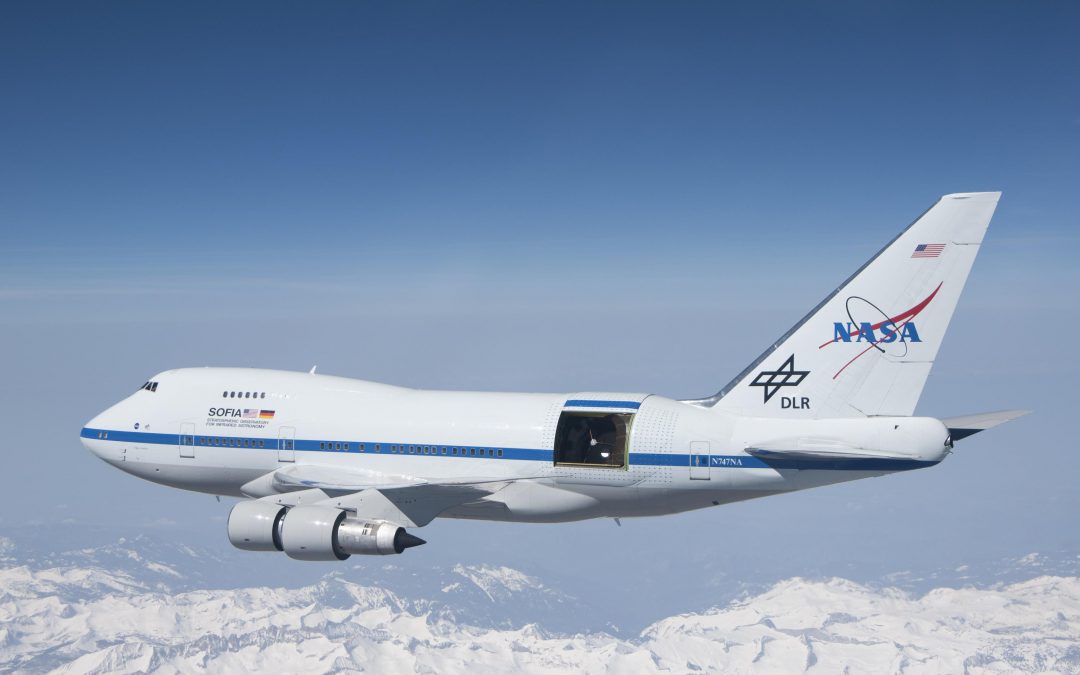The Sun is a third generation star, polluted with the metals from long dead stars. Astronomers have also discovered second generation stars, with very low metallicity. But theories suggest there must be a first generation, with stars made from only pure hydrogen and hel…












